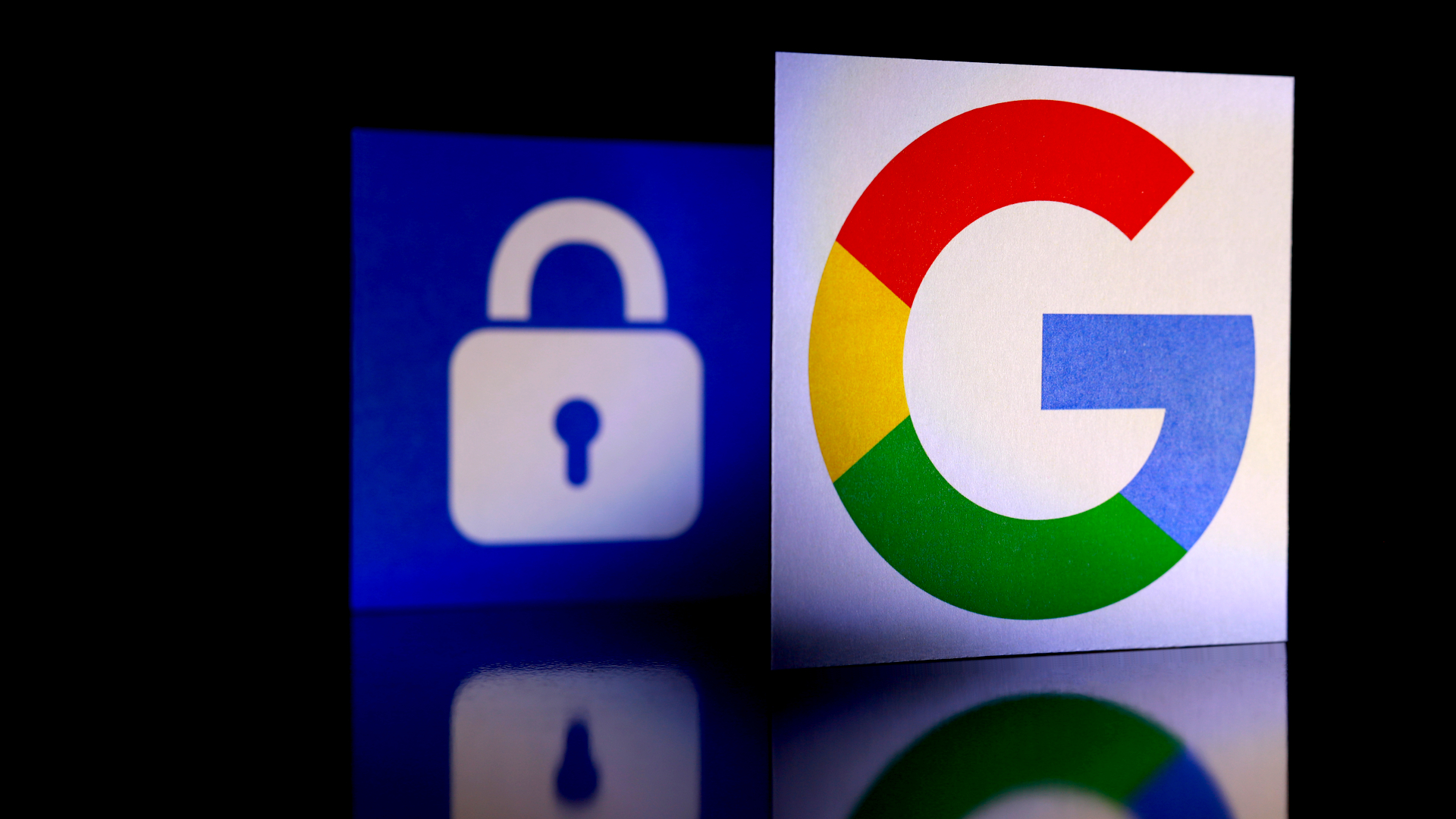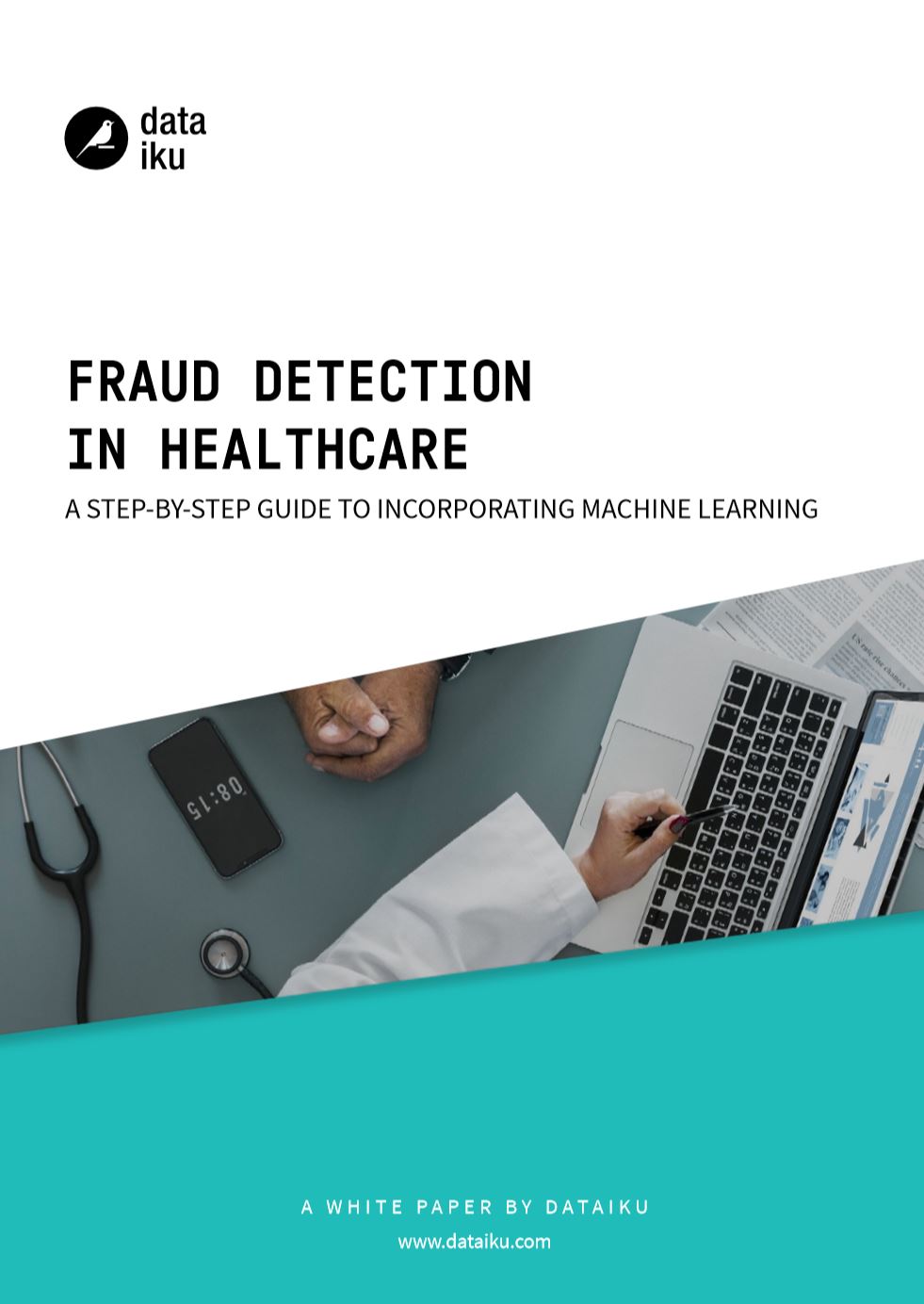Google partners with Ascension to collect medical data on millions
'Project Nightingale' gives Google access to records of the largest non-profit healthcare system in the US

Sign up today and you will receive a free copy of our Future Focus 2025 report - the leading guidance on AI, cybersecurity and other IT challenges as per 700+ senior executives
You are now subscribed
Your newsletter sign-up was successful
Google is partnering with Ascension, the largest non-profit healthcare system in the US, to collect medical data on millions of Americans, according to The Wall Street Journal's sources familiar with the project.
The tech giant will collect lab results, prescribed medications, hospitalisation records, patient birthdates, family profiles, and more personal information as a part of "Project Nightingale", launched in 2018.
"As the healthcare environment continues to rapidly evolve, we must transform to better meet the needs and expectations of those we serve as well as our own caregivers and healthcare providers," said Ascension's executive vice president of strategy and innovations Eduardo Conrado.
"Doing that will require the programmatic integration of new care models delivered through the digital platforms, applications and services that are part of the everyday experience of those we serve."
Project Nightingale is just one facet of Google's greater plan to create new software that will analyse patient information and recommend treatments using artificial intelligence (AI) technology.
Google recently took over AI firm DeepMind's health division, signing contracts with five NHS trusts that effectively handed over confidential UK hospital data to the tech giant.
Google's parent company, Alphabet, did not obtain consent from doctors or patients in the Project Nightingale data-collection process. However, that didn't stop it from sharing the medical data of tens of millions of patients with more than 150 of its employees, a process which still complies with federal health law, according to a Google spokesperson.
Sign up today and you will receive a free copy of our Future Focus 2025 report - the leading guidance on AI, cybersecurity and other IT challenges as per 700+ senior executives
Google is partnering with Ascension, the largest non-profit healthcare system in the US, to collect medical data on millions of Americans, according to The Wall Street Journal's sources familiar with the project.
The tech giant will collect lab results, prescribed medications, hospitalisation records, patient birthdates, family profiles, and more personal information as a part of "Project Nightingale", launched in 2018.
RELATED RESOURCE

"As the healthcare environment continues to rapidly evolve, we must transform to better meet the needs and expectations of those we serve as well as our own caregivers and healthcare providers," said Ascension's executive vice president of strategy and innovations Eduardo Conrado.
"Doing that will require the programmatic integration of new care models delivered through the digital platforms, applications and services that are part of the everyday experience of those we serve."
Project Nightingale is just one facet of Google's greater plan to create new software that will analyse patient information and recommend treatments using artificial intelligence (AI) technology.
Google recently took over AI firm DeepMind's health division, signing contracts with five NHS trusts that effectively handed over confidential UK hospital data to the tech giant.
Google's parent company, Alphabet, did not obtain consent from doctors or patients in the Project Nightingale data-collection process. However, that didn't stop it from sharing the medical data of tens of millions of patients with more than 150 of its employees, a process which still complies with federal health law, according to a Google spokesperson.
-
 Microsoft Copilot bug saw AI snoop on confidential emails — after it was told not to
Microsoft Copilot bug saw AI snoop on confidential emails — after it was told not toNews The Copilot bug meant an AI summarizing tool accessed messages in the Sent and Draft folders, dodging policy rules
-
 Cyber experts issue warning over new phishing kit that proxies real login pages
Cyber experts issue warning over new phishing kit that proxies real login pagesNews The Starkiller package offers monthly framework updates and documentation, meaning no technical ability is needed